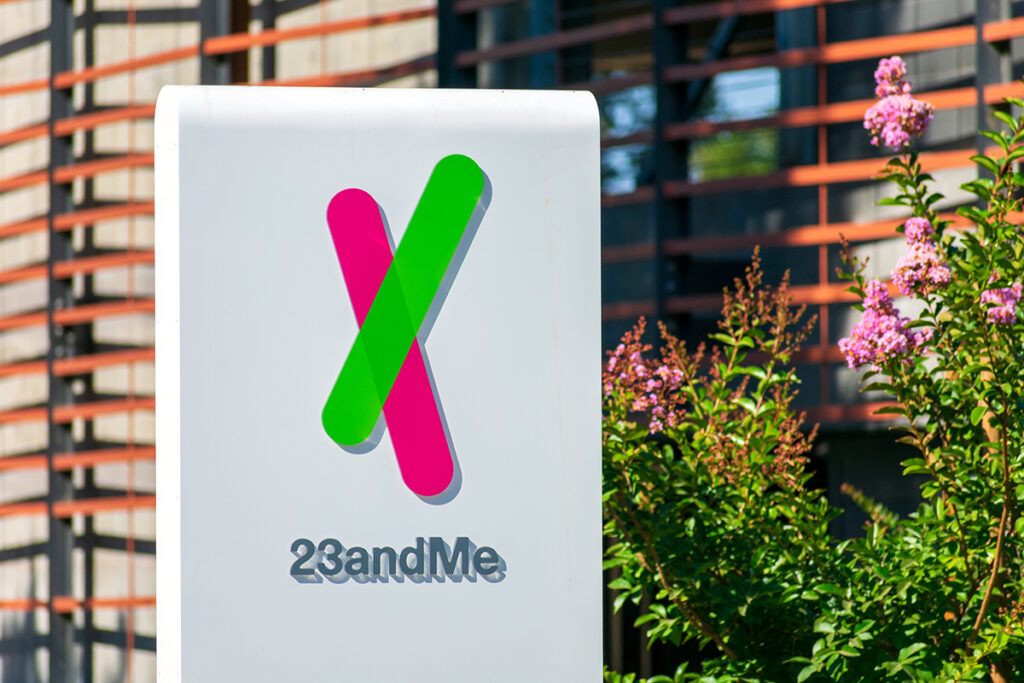San Francisco-based genetic testing company 23andMe has filed for Chapter 11 bankruptcy, raising concerns about the future of its 15 million customers’ genetic data. The company, which has struggled to find a sustainable business model, is now pursuing a sale, potentially placing sensitive genetic information in the hands of new owners.
Despite reassurances that data privacy will be considered in any transaction, consumer advocates and state officials are urging users to take action. Many worry that a new owner could alter privacy policies and change how genetic data is handled, opening the door for potential misuse.
Why Customers Should Be Concerned
The sale of 23andMe introduces risks for customers who previously trusted the company’s data protection policies. While the current policy states that identifiable genetic data will not be sold and is only shared with researchers if customers opt in, the policy itself can be modified at any time. The company also maintains that data transferred in an acquisition would be subject to the same provisions. However, with a new entity in control, those provisions could change.
Genetic data holds immense value beyond ancestry and health insights. Health and life insurance companies may have a strong interest in this information, potentially using it to adjust coverage or pricing for policyholders. While federal regulations such as the Genetic Information Nondiscrimination Act (GINA) protect against employment and health insurance discrimination, they do not extend to life insurance, disability insurance, or long-term care policies.
Another concern is law enforcement access to genetic data. Although 23andMe currently requires a legally valid warrant to share customer information, similar services have been used to solve crimes in the past. A shift in ownership could bring different policies regarding government and third-party access to genetic profiles.
Protecting Your Genetic Data
State officials are advising 23andMe users to take steps to protect their genetic information before any ownership changes take place. Attorneys General from California and New York have issued consumer alerts, cautioning that customer data may be at risk. Those who want to secure their privacy should consider deleting their accounts and removing their genetic data from the system.
23andMe allows customers to permanently delete their information, including genetic data and retained saliva samples, through their account settings. Additionally, users can withdraw consent for their data to be shared with researchers. However, due to high traffic, some users have reported technical issues when attempting to delete their data, but consumer advocates encourage persistence to ensure personal information is fully removed.
Website Glitches Slow Deletion Process
As many customers rush to delete their data, the 23andMe website has experienced outages and slow response times. High traffic appears to be causing disruptions, making it difficult for users to complete the deletion process. However, consumer advocates encourage users to keep trying until they successfully remove their information.
With the future of 23andMe uncertain, customers are being urged to take action now to protect their personal and genetic data before it potentially falls into unknown hands.


